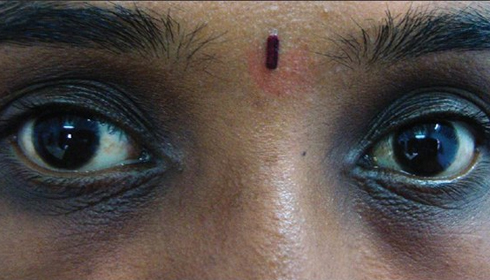
USFDA approves first hyaluronic acid filler injections
Dallas based Galderma Laboratories recently announced that the USFDA granted market authorisation for their hyaluronic acid filler injections, used for the treatment of under-eye hollows, commonly known as dark circles in adults, marketed as Restylane Eyelight.
In a media statement, the company informed that the approval is the first and exclusive product of NASHA technology in the U.S., providing patients with better results within 18 months. over the age of 21.
Commenting On the approval, Vice President of Medical Affairs, Galderma Dr. Bill Andriopoulos, said, "Restylane Eyelight is an exciting new treatment option for patients. Formulated with NASHA Technology, this filler is close to the body’s natural hyaluronic acid with minimal crosslinking and produces a firm gel texture (or ‘supportive gel’) that is resistant to water absorption, which makes Restylane Eyelight a safe, natural-looking solution for volume loss under the eyes."
It may be noted that dark circles are a common issue caused by stress, dehydration, age, anaemia, and other lifestyle-related factors.
According to a study published in the Annals of Dermatology in 2021, 97% of patients have clinically noticeable dark circles, although only 68% of them are aware of the problem.
Furthermore, the study reported that just 10.3% of patients said they had seen a doctor about the problem.
To cure this ailment, 70.6% of patients did not utilise any OTC medication or home remedy, thereby indicating that patients most likely regard this as a minor cosmetic issue and are unlikely to consult a doctor for remedy.
Dr. Carolyn Jacob, Board Certified Dermatologist and Medical Director of Chicago Cosmetic Surgery and Dermatology, and Galderma Consultant, emphasised the necessity of the product, saying, "Many of my patients seek treatment for hollows under the eyes, and topical products such as creams, concealers, and under-eye masks just are not able to solve the problem and provide the long-lasting results they are seeking.”
The product approval is based on the results of Phase 3 clinical trials, which did not show any significant adverse effects, but in some cases, the patient may experience swelling, redness, tenderness, pain, bruising, itching, and lumps at the site of administration.